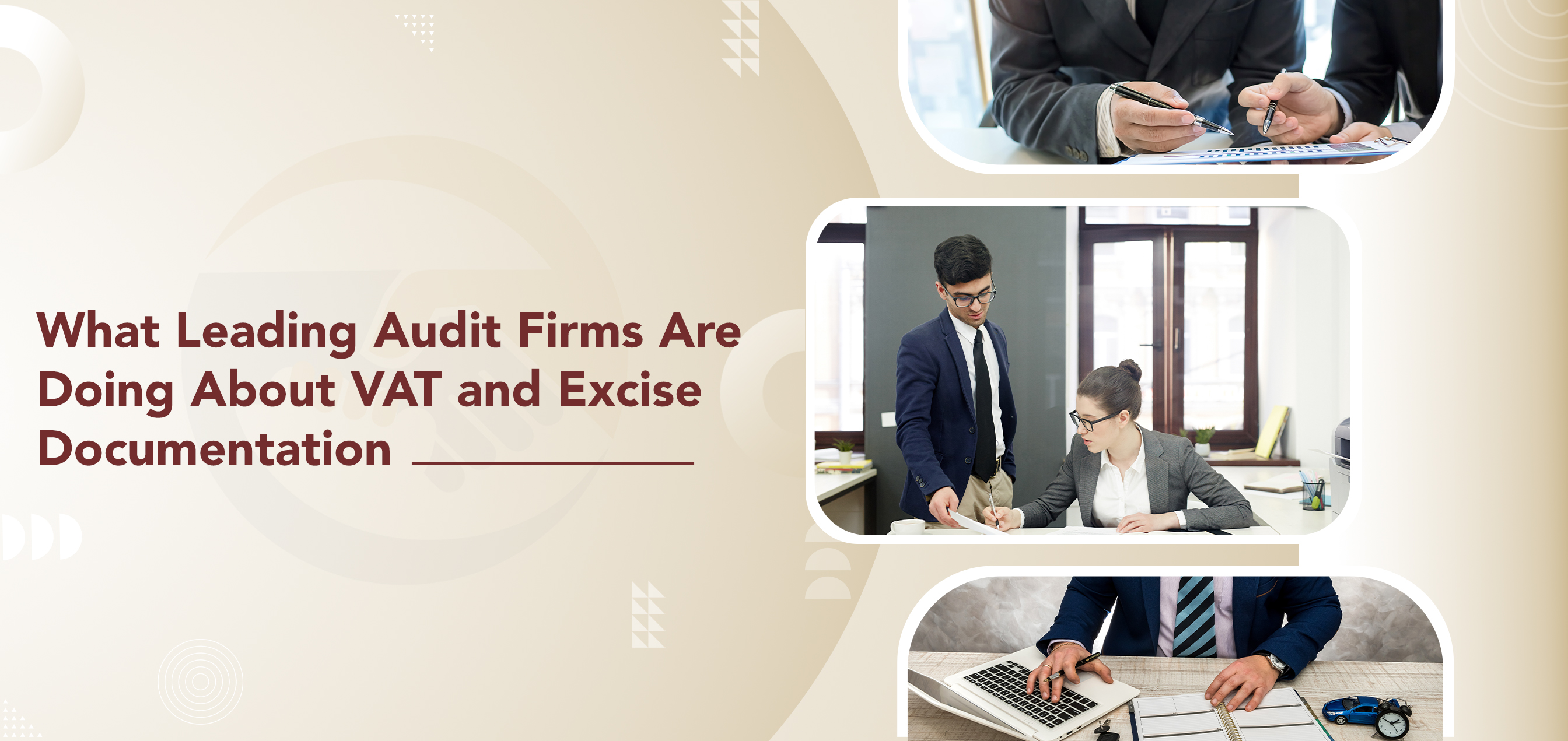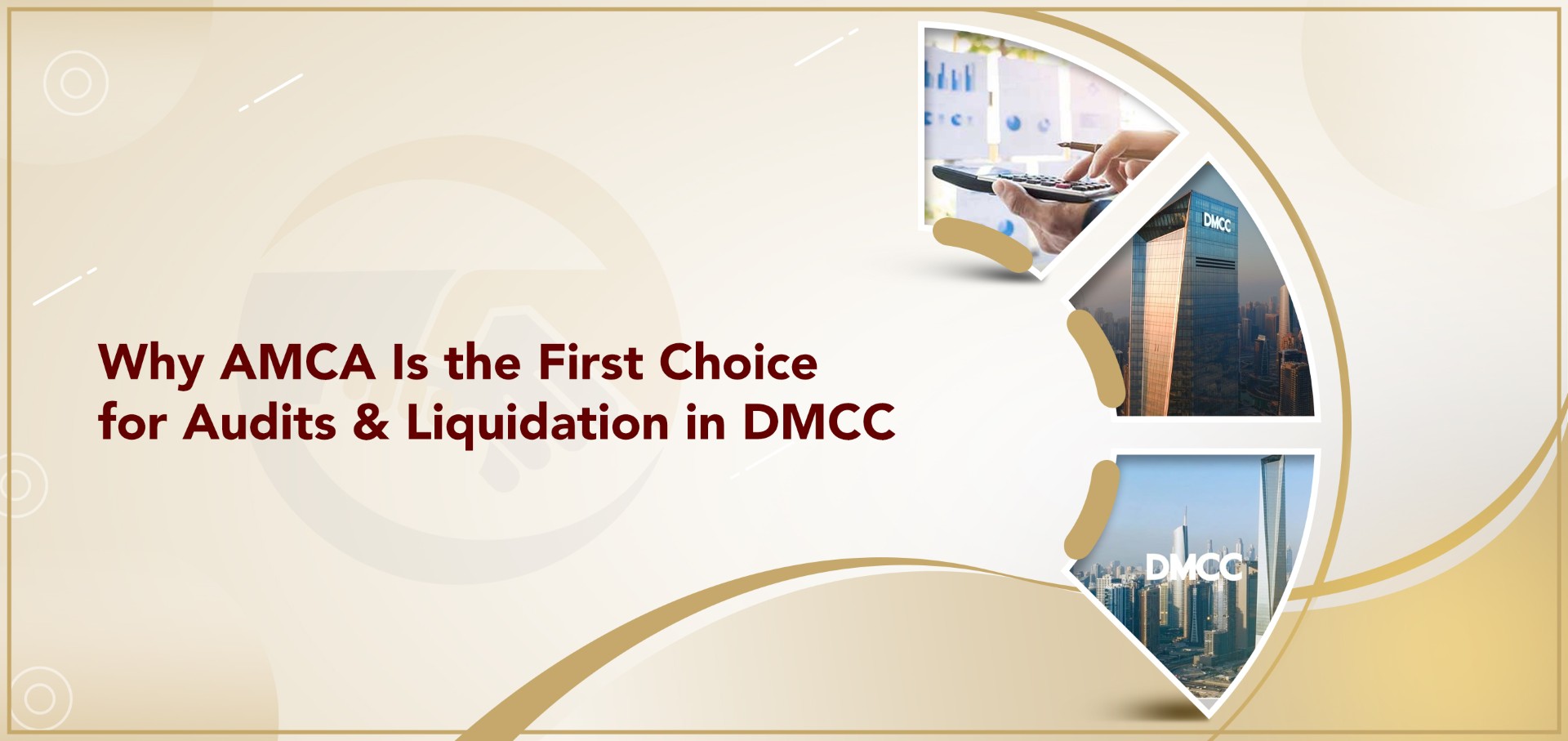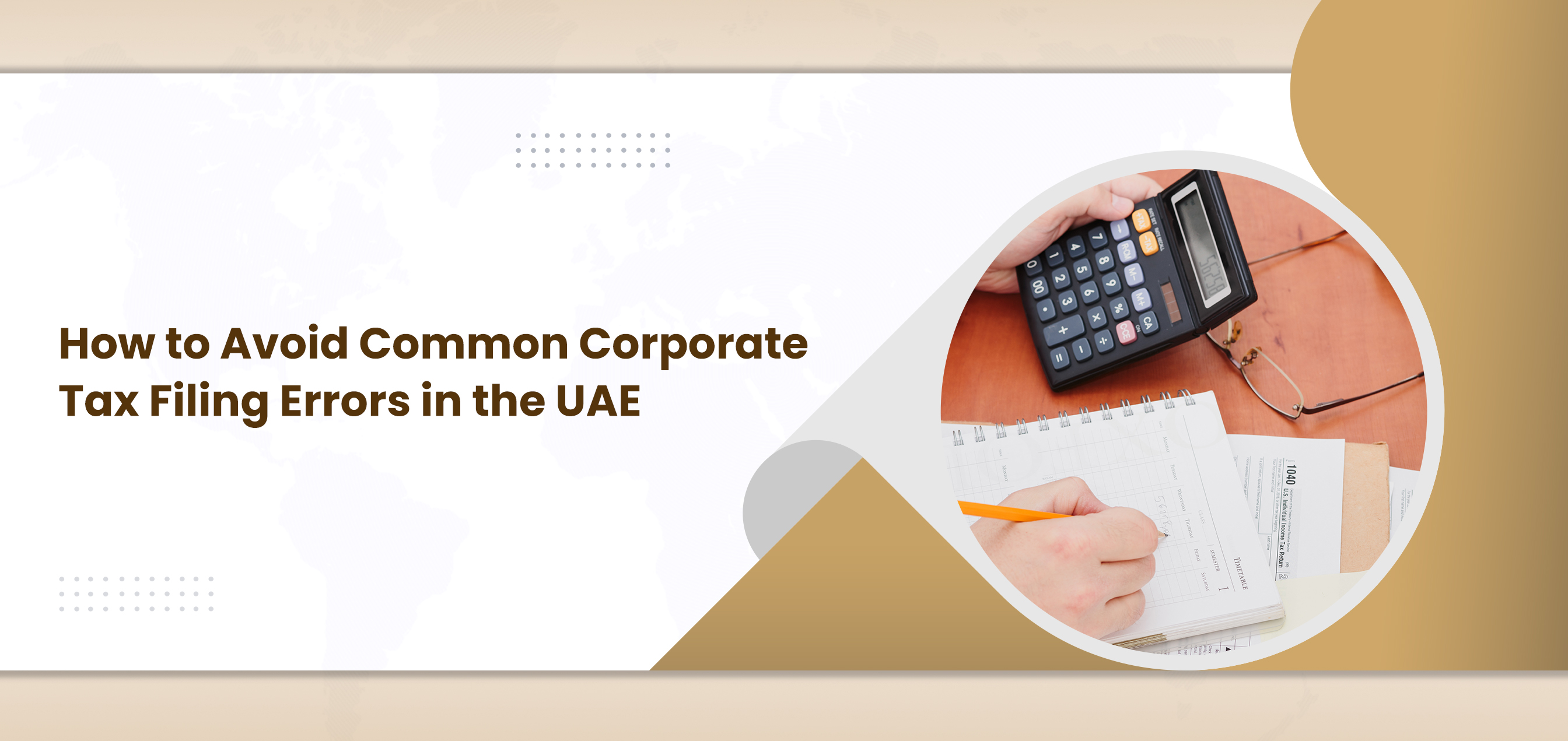
14 Oct 2025
VAT and Excise compliance remain top priorities for businesses in the UAE. With the FTA tightening controls on tax documentation, leading audit firms in the UAE are proactively adopting strategies to safeguard clients against penalties, errors, and compliance risks. This blog explores how VAT and excise tax documentation in the UAE are being managed.
Strengthening Documentation Frameworks for VAT Compliance
To meet the stipulations of the Executive Regulations contained in Decree Law No. 8 of 2017 and Cabinet Decision No. 74 of 2023, best audit firms in the UAE are investing in organized documentation systems. The key trends in these regulations are to keep accurate records, which last at least five years and make them accessible by making them available to allow FTA reviews.
Audit firms support businesses by observing FTA VAT documentation requirements by embracing digital archiving systems. This minimizes any risk among lost invoices, poorly recorded transactions, and extensions.
• Automated invoice tracking tools
• Real-time reconciliation dashboards
• Proactive alerts for missing supporting documents
Such practices highlight why VAT audit services in Dubai are becoming more sophisticated and technology-driven.
Excise Tax Documentation – Addressing Compliance Challenges
The compliance of excise tax levied in the UAE stipulates strict compliance with the keeping of record of excisable goods, production and distribution, , failure to maintain required records AED 10,000 for the first offense; AED 20,000 for repeated violations. The FTA requires careful visibility of import, stock movement and excise returns.
Leading audit firms in the UAE recognize that excise non-compliance often arises from insufficient records of inventory and transaction mismatches. To counter this, firms deploy:
• Structured excise documentation templates
• Digital monitoring of warehouse inventory
• Pre-audit compliance checks before FTA inspections
These measures explain why audit firms are becoming semi-permanent in audit positioning of tax documentation in the UAE services of sustainable tax compliance strategies.
How Leading Firms Compare Under the New FTA Shortage Framework
Under the new Tax Procedures Law, the FTA has implemented a more effective remedy to shortages; businesses are being vetted with respect to missing or incomplete documentation. The competitors might use reactive compliance checks, the top audit firms are going preemptive.
AMCA, for instance, integrates FTA readiness reviews with corporate governance, ensuring seamless compliance with VAT and excise taxes. This positions AMCA ahead of other VAT compliance audit firms in Dubai, where the focus is shifting from error correction to risk prevention.
Supporting Businesses with VAT Filing and Compliance
VAT filing assistance in the UAE comes up as a recurrent challenge to many organizations because case-by- case transactions are complex and clarifications by the FTA are also evolving. Top audit firms ease this by:
• Reviewing VAT invoices for accuracy
• Ensuring reverse charge mechanisms are applied correctly
• Aligning filings with recent FTA clarifications on input tax recovery
Under Federal Decree-Law No. 8 of 2017 on VAT, businesses that have been exempted from VAT registration due to making only zero-rated supplies must notify FTA within 10 business days if they begin making any supplies or imports that are subject to the standard VAT rate of 5%. Such proactive filing support ensures businesses meet compliance deadlines while minimizing exposure to penalties.
Corporate Tax and VAT – An Integrated Compliance Approach
As the UAE transitions into a broader tax regime, businesses must integrate VAT compliance with corporate tax compliance in the UAE. Top audit practices are focusing more on cross-functional taxation audit comprising of VAT, excise, and corporate taxation. This internal end-to-end approach places a barrier against replicated mistakes and will guarantee that all the requirements of FTA reporting are adhered to.
With an integration of VAT and excise review into the annual corporate tax audits, companies reinforce consumer confidence and mitigate regulatory risks.
Building Resilient Compliance with AMCA
In an environment of heightened FTA scrutiny, businesses cannot afford to treat VAT and excise documentation casually. While many firms still rely on post-transaction corrections, AMCA Auditing is setting the standard with proactive, technology-driven, and preventive compliance strategies. By combining VAT, excise, and corporate tax oversight, AMCA ensures clients stay ahead of regulatory changes.
Looking to safeguard your business with the most trusted VAT and excise tax compliance services? Contact AMCA Auditing today and let our experts guide you through seamless compliance.
FAQs
1. What are the record-keeping requirements under UAE VAT law?
Accounting records, invoices, and contracts, and other documents to support transactions should last at least five years, seven years in the case of real estate transactions.
2. How do audit firms help with excise tax documentation in the UAE?
They assist with templates, compliance audits and aligning inventory with excise declarations to eliminate penalties imposed by FTA.
3. Can businesses recover VAT on imported services?
Yes, provided they account for output tax under the reverse charge mechanism and maintain supplier invoices as supporting documents.
4. Why is AMCA considered a leading audit firm in the UAE?
AMCA is unique in its focus on incorporating preventative compliance practices and providing tailored end to end services in VAT and excise tax compliance as well as its adherence to changes in FTA framework.



